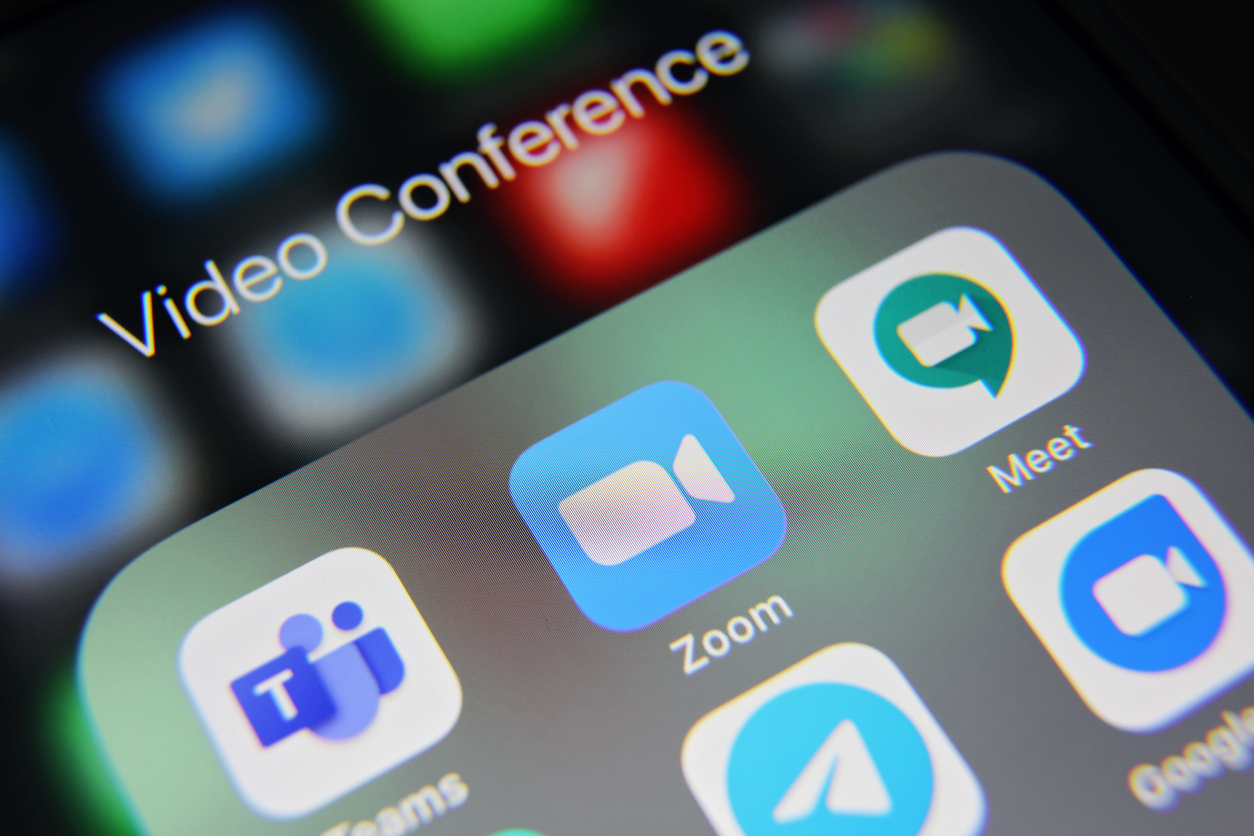
New rules: Government seeks total control of media
If a newspaper publishes a report or comment that is not palatable to the government, the secretary or minister in charge of the information and broadcasting ministry can approach the Press Council of India (PCI), the independent self-regulatory body that upholds professional standards in the media

If a newspaper publishes a report or comment that is not palatable to the government, the secretary or minister in charge of the information and broadcasting ministry can approach the Press Council of India (PCI), the independent self-regulatory body that upholds professional standards in the media.
The PCI will order an investigation and conduct a hearing. If it finds that the newspaper did not breach any ethical norms, the matter ends there. Or it used to. Now there is another route available to the government now, as per the new social media rules. As all newspapers today have a robust online presence, any offending article is likely to be read and shared by a large number of people. It is also likely to be accompanied by audio and video reports. In such cases, the ministry could first approach the internal grievance committee of the newspaper’s digital platform. In case they are not satisfied, the authorities can escalate the matter to Level 2, to a retired judge heading the redressal committee on behalf of the Association of Digital Newspapers, who can review the earlier decision (Level 1).
Suppose the judge too rejects the complaint, the matter can be taken to Level 3, ie, the inter-departmental committee, headed by the secretary of the I&B ministry themselves. In such a scenario, one can imagine which side the secretary will favour.
Also read: New rules for social media, OTTs; govt can seek details of message ‘originator’
Look past the verbiage, and you will realise that the new Information Technology (Intermediary Guidelines and Digital Media Ethics Code) Rules 2021 (‘Intermediary Rules’) give the central government complete power over digital platforms, including the news media. The Union Government wants to usurp all power through inter-departmental committee, which will now be the final authority to sit in appeal over ‘self-regulatory’ decisions. The three-tier grievance redressal mechanism stipulated by these rules gives complete power to secretaries of five central ministries, headed by the secretary of the Ministry of Information and Broadcasting.
Thus babus of the Union Government will now regulate social media and call it “self-regulation”.
Though the government was considering regulatory code for new media for a long time, a couple of things accelerated the process. One was Sudarshan TV’s plan to broadcast a controversial show titled UPSC Jihad, on the so-called-infiltration of Muslim students of Jamia Millia Islamia University into the Indian bureaucracy.
The other was the violence that broke out during farmers’ rally in New Delhi on January 26. The government wanted Twitter to block and delete certain handles and hashtags in relation to the agitation. Although the platform complied with the order, the government was unhappy because it did not follow all of the instructions.
Questions have also been raised before the Supreme Court and in Parliament over the recent barrage of fake news and pornographic content.
Entertainment programmes, TV series and films are now important components of OTT platforms and the controversy over Tandav, raked up by some BJP leaders, was yet another provocation.
The government felt that the 2011 guidelines for intermediary liability under the IT Act were insufficient, because of the phenomenal increase in social media apps and widespread use of OTT during the pandemic, when cinemas were closed. More than anything else, there was an increase in content critical of the government on social media platforms. The BJP understands the power of social media – after all, it is a social media powerhouse of data and propaganda itself. But now others are catching up. Opposition parties are now using technology to expose instances of government incompetence.
An Illusion
The Information Technology Act’s Section 79 says intermediaries are not liable for the content generated by users. “An intermediary shall not be liable for any third-party information, data, or communication link made available or hosted by him,” it says. This immunity is subject to adherence of rules made by the Government. Using this authority, the government has come up with new regulations that, in effect, takes away immunity.
The Information Technology (Intermediary Guidelines and Digital Media Ethics Code) Rules 2021 basically contains ‘Intermediary Rules’. It replaces the earlier Information Technology (Intermediaries Guidelines) Rules, 2011.
Three-Tier Regulation
The I&B minister calls it “soft-touch regulation”, but others have called it a “wolf in watchdog’s clothing”. OTT platforms are now subject to three-tier regulation. The first tier involves self-regulation by the platform. The second involves a retired judge, who will be appointed from a panel prepared by the ministry. The panel will have up to six other members, who can be experts from the fields of media, broadcasting, technology and entertainment. And the third tier involves the inter-departmental committee. This committee will have the final decision-making power. All this under guise of “oversight”.
The government has included online news and current affairs providers under the umbrella of digital platform. With this, the Centre has, not indirectly but directly, brought digital news media under its control.
The government says newspapers and their e-papers are exempted, but their content in non-e-paper form makes them publishers of digital media news and current affairs. As every print and TV news organisation has a digital arm, these guidelines will subject them to the new regulations. With this, the PCI, which is meant only for print media, will become redundant.
The new rules also make a mockery of the idea of self-regulation. In fact, the government is trying to replace self-regulation with state control. This violates autonomy and independence of the media, free expression of rights of citizen, and strikes at the roots of Article 19(1)(a), a fundamental right.


